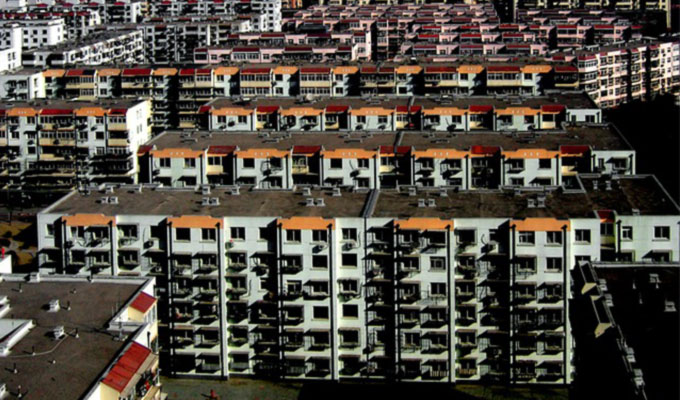upzoning: what will it really change?
Anonymous
There is much more space for people to build affordable homes at the outer reaches of metro. If you want affordable housing - buy a condo near Shady Grove or Greenbelt. |
Anonymous
Upzoning transforms livable urban spaces into overcrowded and under resourced neighborhoods. |
Anonymous
A small business owner in Cleveland Park announced last week that he was closing his store of 30 years specifically because the proposed bike lanes would make it impossible economically to continue. More will follow, sadly. |
Anonymous
you miss the point. Why should SFH ownership be altered when there is demand and a healthy market for it? But you are right about “more people” having ownership - the condos at City Ridge will be incredible. For a price. |
Anonymous
You make some valid points but l disagree with others. There are 3 ADUs in my alley in AU Park, within walking distance of Metro. At least these ones don’t contribute to gentrification. 1 is rented to an AU student. 1 is rented to a single women - l don’t know her but I would guess she either can’t afford a house in the neighborhood on her own, and/or prefers a small place in a great convenient neighborhood and the ADU and yard are better for her dog than an apartment. It’s quite a charming place. And 1 is used by the family as a home gym and kid hang-out space. They aren’t contributing to gentrification and I’d like to build one myself one of these days. |
Anonymous
I prefer to drive and, with my electric car, will continue to do so. I have no interest in taking public transport for my daily chores. Maybe, if I worked downtown. But otherwise no interest. |
Anonymous
With upzoning, DC will drive the taxpayers out of town. DC has attracted high income white collar workers precisely because it has close in SFH neighborhoods. They pay the bills, unfortunately. |
Anonymous
| Here is why I left DC. My taxes were close to ten percent. the mayor is sticking homeless people in apartment buildings without a care about the impact of putting severely mentally ill people in the unit next to someone who is now paying $3200 a month to live in a homeless shelter. There has been a mass shooter on Upton and attempted murders on Wisconsin ave. The metro is a mess ( I know Dc is only part of that problem.) and now people are trying to transform Dc’s quiet leafy green streets into A series of ugly duplexes. |
Anonymous
Picture number 2 is Italy l think |
Anonymous
Remember the nutjob who thought Kavanaugh raped her? Rather than admit that she was using her house (illegally) as a two family house with two separate entrances, she tried to convince the Senate it was over some trauma suffered during the attack from a fear of being smothered. That's the type of neighbors you will have with upzoning. |
Anonymous
Plenty of homes for people who can afford the upzoned homes which will be expensive to rent or to buy. This is not going to solve the problem for people who want homes and cannot afford them in close in urban neighborhoods. |
Anonymous
Don’t forget line the pockets of developers who over promise and under deliver. |
Anonymous
Did you go to Twitter University for your degree in environmental science? Because you don’t seem to understand much about stormwater management and ecosystem services. |
Anonymous
|
1. Upzoning is the natural course of growth in urban and semiurban areas. Once it’s no longer practical to build out — because it takes people too far away from infrastructure, jobs, and amenities — you build up. Fighting upzoning is silly.
2. Whatever is built as a result of upzoning will usually be more expensive than whatever end-of-life structure it replaces on a per-unit basis. That’s what happens when there’s investment. You get nicer stuff that costs more. We should embrace that rather than fighting it. From a builder’s standpoint, there’s also a decision about whether to build multifamily or single family. Single family may yield higher margins even when it’s not the best use of the land. 3. No. 2 won’t happen on a large scale without structural reform in the housing market. Builders make more money with less risk when there’s a shortage. They’re very sensitive to price and stop building in a given area at the first sign prices are flattening. That’s not to say they don’t misread the market sometimes, but usually when they misread the market they create a shortage, not a surplus. Sitting on underutilized land must be made more expensive through taxes and fees. You never hear the urbanists talk about this one because they’re part of an astroturf movement and this would obviously cut into developers’ profits. 4. We’ll never fix the housing market because the developers and homeowners who hold influence over elected officials both profit from shortage. |
Anonymous
“Because DC is already one of the most densely populated cities in North America?” <- this is not even remotely close to being true, fyi. |


